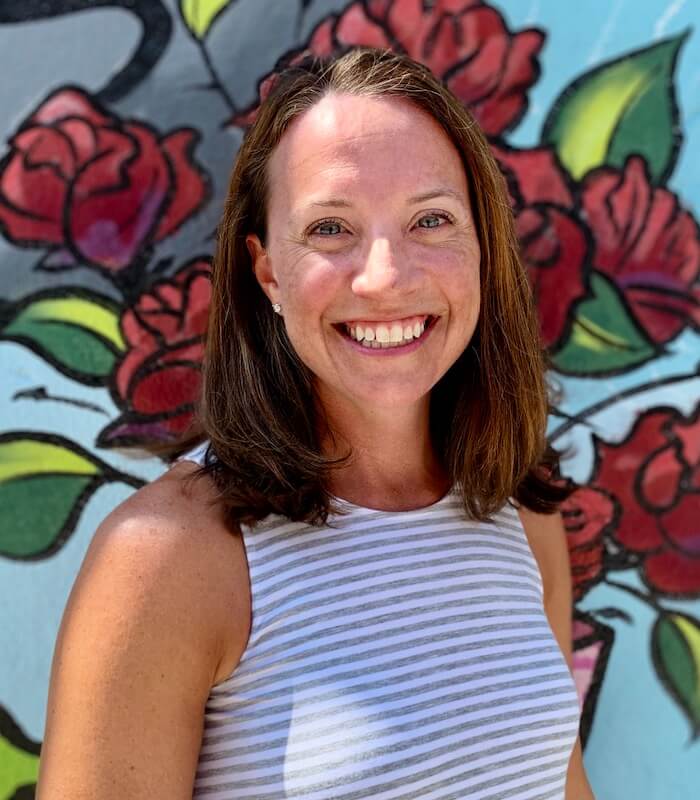When facilitator Joellen Killion launched the most recent Virtual Coaches Academy with the assertion that “the most important reason we have coaching in schools is to improve and extend student success,” her intent was to inspire and set the stage for five powerful months of learning and connection among the Academy’s 46 participants.
It reminded me of one of my favorite lessons I used to teach to 2nd graders. It began with the assertion that a single drop of water from our school’s campus in Richmond, Virginia, would eventually reach the Chesapeake Bay and, even further, the Atlantic Ocean.
What my wide-eyed students came to understand through our study was that seemingly small impacts on the environment in our own school community would eventually trickle out to some of our region’s most valuable and vulnerable ecosystems. That’s exactly what coaching does, and what the Virtual Coaches Academy did for me and my cohort peers.
Each of the Academy’s three-hour sessions, co-facilitated by Killion and Andy Mendelsberg, provided space for coaches with a wide range of experience and serving in a variety of settings and roles to build awareness of and capacity around the building blocks of coaching. These building blocks are the foundation of coaching practice and include critical topics such as communication skills, coaching cycles, data and trust, and facilitation skills.
Through a diverse array of virtual engagement strategies including breakout rooms, Zoom polls, and Jamboards, participants took a deep dive into each of the critical skills and reflected on their own practice. As the group’s cohesion and trust grew, so did the opportunities to access role-playing and feedback-based activities centered on the building blocks.
Participants who, at the beginning of the four-month journey, may have lacked a thorough understanding of the hats a coach wears, the skills required to develop relationships with clients, or the potential impact of their work sharpened their views and developed a broader understanding of their mission-driven roles.
One of many activities that left a lasting impact on participants was a listening self-assessment. The assessment encouraged coaches to think critically and reflectively about how listening impacts their daily practice. While most coaches already knew that listening is a crucial component to their work, the outcomes of this assessment made this intangible skill more concrete and approachable.
During the last virtual session, with the concept of extending student success at the forefront, each of the coaches participated in a learning symposium, where they showcased their own goals, learnings, and reflections in a public space. Coaches shared the ways in which their learning will impact their practice and extend student success. Meaningful peer feedback and the celebration of the collective learning was central to the symposium.
At the closing of the session, four coaches at a time stepped into a circle to share their personal reflections. Among the insights shared was the realization that supporting teachers is the key to building school cultures in which student success is the ultimate goal.
It was clear to me throughout the Academy, and especially during our closing circle, that coaching is just like that single drop of water on my school’s campus: Coaching, when done effectively, has the potential to impact environments and extend student success well beyond a single classroom and a single school.
Coaches academy enrolling now
Enroll in Learning Forward’s Coaches Academy to get a head start on summer and fall learning for your coaches to ensure they have the knowledge and skills to support new and returning teachers in your system.
Coaches Academy provides school- and district-based coaches with instructional and content expertise and develops their critical skills in building relationships, leading professional learning, and providing effective coaching to individuals and teams.
Learn more at services.lfstage.xyz/services/coaching-and-mentoring/

Jessica Catoggio (jessica@worldleadershipschool.com) is director of professional learning at World Leadership School.
Recent Issues
LEARNING TO PIVOT
August 2024
Sometimes new information and situations call for major change. This issue...
GLOBAL PERSPECTIVES
June 2024
What does professional learning look like around the world? This issue...
WHERE TECHNOLOGY CAN TAKE US
April 2024
Technology is both a topic and a tool for professional learning. This...
EVALUATING PROFESSIONAL LEARNING
February 2024
How do you know your professional learning is working? This issue digs...







